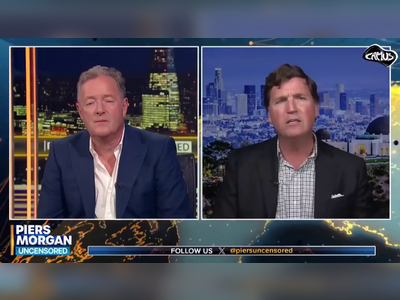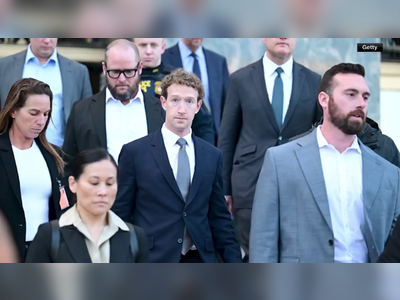Netflix Slammed with €4.75 Million Fine for Privacy Failures
European Regulators Penalize Streaming Giant Over Inadequate Data Transparency, Highlighting Broader Privacy Concerns
In a significant regulatory crackdown, Netflix has been fined €4.75 million by the Dutch Data Protection Authority (Autoriteit Persoonsgegevens) for failing to adequately inform its customers about the handling of their personal data.
This fine underscores ongoing tensions between Big Tech and regulatory bodies over data privacy issues within the EU.
The case centers on Netflix's operations in the entirety of the European Union, with its regional headquarters based in Amsterdam, acting as the nerve center for its compliance—or lack thereof—with the EU's stringent General Data Protection Regulation (GDPR).
The penalty, which arises from compliance failures observed between 2018 and 2020, highlights systemic issues in Netflix's data transparency practices.
Customers often found themselves mired in vague or incomplete disclosures regarding their personal information, a direct contravention of GDPR regulations.
Netflix's substantial footprint in the EU—with millions of subscribers and a substantial revenue stream—adds weight to the severity of the infraction.
However, the Dutch regulator acknowledges that, despite the substantial fine, this year has seen more egregious breaches of privacy laws, as evidenced by heftier penalties against entities like Uber and Clearview AI.
This context places Netflix's infraction on a spectrum of privacy violations rather than as an isolated extreme.
Despite the regulatory rebuke, Netflix has signaled its intent to contest the fine via an official objection.
The streaming titan argues that it has been actively enhancing its privacy policy and infrastructure over recent years, an evolution corroborated to some extent by the regulatory authority itself.
Regulatory oversight in the EU is ushering in an era where data privacy is becoming more than just a corporate formality; it is now a critical component of consumer rights.
As companies navigate these intricate legal landscapes, they are increasingly finding themselves at the intersection of operational transparency and consumer trust.
This case serves as a pertinent reminder of the shifting power dynamics between large corporations and regulatory watchdogs determined to safeguard consumer rights in the digital age.
This fine underscores ongoing tensions between Big Tech and regulatory bodies over data privacy issues within the EU.
The case centers on Netflix's operations in the entirety of the European Union, with its regional headquarters based in Amsterdam, acting as the nerve center for its compliance—or lack thereof—with the EU's stringent General Data Protection Regulation (GDPR).
The penalty, which arises from compliance failures observed between 2018 and 2020, highlights systemic issues in Netflix's data transparency practices.
Customers often found themselves mired in vague or incomplete disclosures regarding their personal information, a direct contravention of GDPR regulations.
Netflix's substantial footprint in the EU—with millions of subscribers and a substantial revenue stream—adds weight to the severity of the infraction.
However, the Dutch regulator acknowledges that, despite the substantial fine, this year has seen more egregious breaches of privacy laws, as evidenced by heftier penalties against entities like Uber and Clearview AI.
This context places Netflix's infraction on a spectrum of privacy violations rather than as an isolated extreme.
Despite the regulatory rebuke, Netflix has signaled its intent to contest the fine via an official objection.
The streaming titan argues that it has been actively enhancing its privacy policy and infrastructure over recent years, an evolution corroborated to some extent by the regulatory authority itself.
Regulatory oversight in the EU is ushering in an era where data privacy is becoming more than just a corporate formality; it is now a critical component of consumer rights.
As companies navigate these intricate legal landscapes, they are increasingly finding themselves at the intersection of operational transparency and consumer trust.
This case serves as a pertinent reminder of the shifting power dynamics between large corporations and regulatory watchdogs determined to safeguard consumer rights in the digital age.











